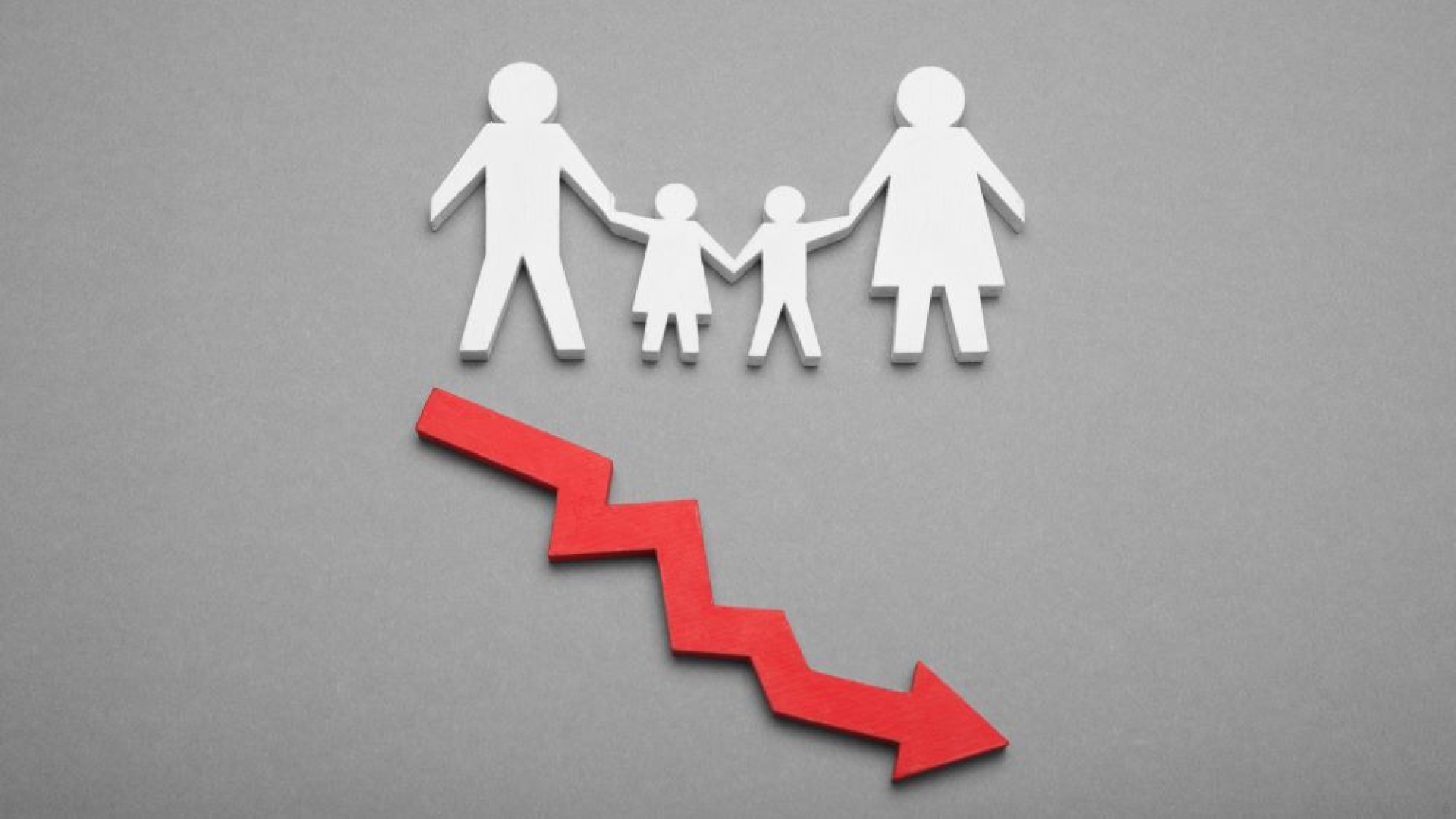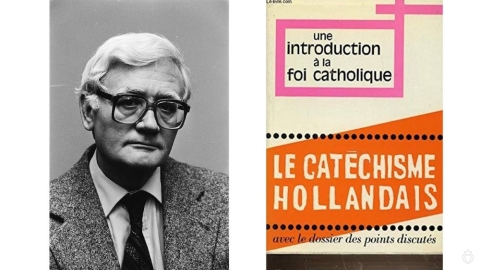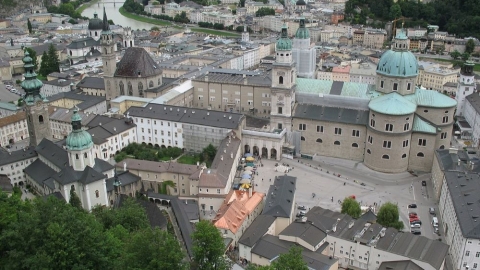Spain: Births at Lowest Rate Since 1941

Spain recorded the lowest number of births in 2023 since reliable data became available. Figures from the National Statistics Institute (INE) reveal that there were 6,629 fewer births last year than in 2022, which means that the number of births decreased by 2% last year.
According to the INE, Spain recorded 322,075 births in 2023, the lowest figure since 1941, the date of the first reliable data collections. Furthermore, since 2013, which saw 424,440 births, the number of births has decreased by 24.1%. Since 2014 births have decreased every year.
By autonomous community (regions), the number of births increased in 2023 only in the community of Madrid (2.7%) – which implemented a birth incentive policy in January 2022 – and in Extremadura (0.6%).
Furthermore, the number of deaths fell by 5.8% in 2023. However, the natural balance (births minus deaths) is negative for 2023, which has been the case since 2017, added the INE.
An Ever-Lower Fertility Rate
The fertility rate in Spain is the second lowest among the countries of the European Union. According to Eurostat, this rate was 1.19 children per woman in 2021, compared to 1.13 in Malta and 1.25 in Italy.
The age of motherhood has also risen. Births of children to mothers aged 40 or over have increased by 19.3% over the last ten years.
The Spanish population, however, continued to grow in 2022, exceeding 48 million inhabitants according to the INE, due to strong immigration, particularly Ukrainians.
The Causes of this Decline
What are the factual causes of this decline in birth rates? First, emancipation was late and did not take place until 30 years ago in Spain. The conception of the first child is therefore later. It should be added that fertility irremediably declines with age, which ultimately reduces the number of children per woman in current generations.
Then, a rent crisis. Since the pandemic, rent prices have continued to rise, partly due to high inflation leading to policies to promote higher rents to help small landlords. This increase penalizes young Spaniards.
Finally, the employment situation. Around 30% of those under 25 were unemployed in 2021. Even with a job, the situation is not stable: the Iberian Peninsula has seen a record number of fixed-term contracts since the pandemic. These economic prospects do not encourage young people to start a family.
This situation is of great concern – as is the case everywhere where there is a low birth rate. On the one hand, with regard to pensions, the number of active workers is falling. This active/inactive imbalance will weigh heavily on a generation that is already experiencing many difficulties.
On the other hand, the consequences of an aging society on the economic structure are irreversible. An increase in the number of elderly people leads to an increase in infrastructure such as retirement homes to the detriment of schools, for example.
As the proportion of elderly people increases, the economy adapts: 38% of employment is mobilized to meet demand. Spain therefore risks ultimately ending up with a production system adapted to the elderly, which cannot be reused if the population continues to decline.
Dazzling Secularization
Spain has been undergoing intense secularization for 30 years. Religious practice and the feeling of Catholic belonging have diminished. According to Informe 2018, the percentage of people defining themselves as Catholic decreased from 99% in 1981 to 73% in 2011 and 67.3% in 2017. The practice has fallen to around 13% and one in four respondents do not believe in the existence of God.
A study by the Pew Research Center in Washington (May 2018) notes: “In the space of a decade, the increase in “no religion” has positioned Spain at the same level as the four most secularized countries in western Europe: Holland, Norway, Sweden, and Belgium.
With the 1978 Constitution, the Spanish State became “non-confessional.” However, “Catholic education as well as social intervention through numerous charitable institutions maintain a high level of recognition and esteem,” according to Informe 2018.
The coming to power of Pedro Sánchez, leader of the Spanish Socialist Workers' Party (PSOE), shook religious circles. On June 2, 2018, during the accession to power ceremony, the new prime minister refused to pledge allegiance in the presence of the Bible and the crucifix. A first in Spanish history.
Sanchez's program promises to eliminate tax benefits offered to the Church, remove all religious symbols from public institutions and eliminate funding for religious education in public schools.
The result of this secularization is palpable: “Young non-believers (53.5%) have for the first time surpassed those who believe in a God,” notes Agustín Blanco, coordinator of Informe 2018.
This secularization is certainly no small matter when it comes to the loss of hope in the future which is one of the driving forces of the health of a nation – and of its birth rate. Depriving souls of the Christian perspective of eternal salvation and the Kingship of Christ can only plunge them into lethargy and individualism.
(Sources : RTVE/InfoCatólica/BFMTV/misterprepa.net/presence-info.ca – FSSPX.Actualités)
Illustration : Photo 147184216 | Baisse © Andrii Zastrozhnov | Dreamstime.com





